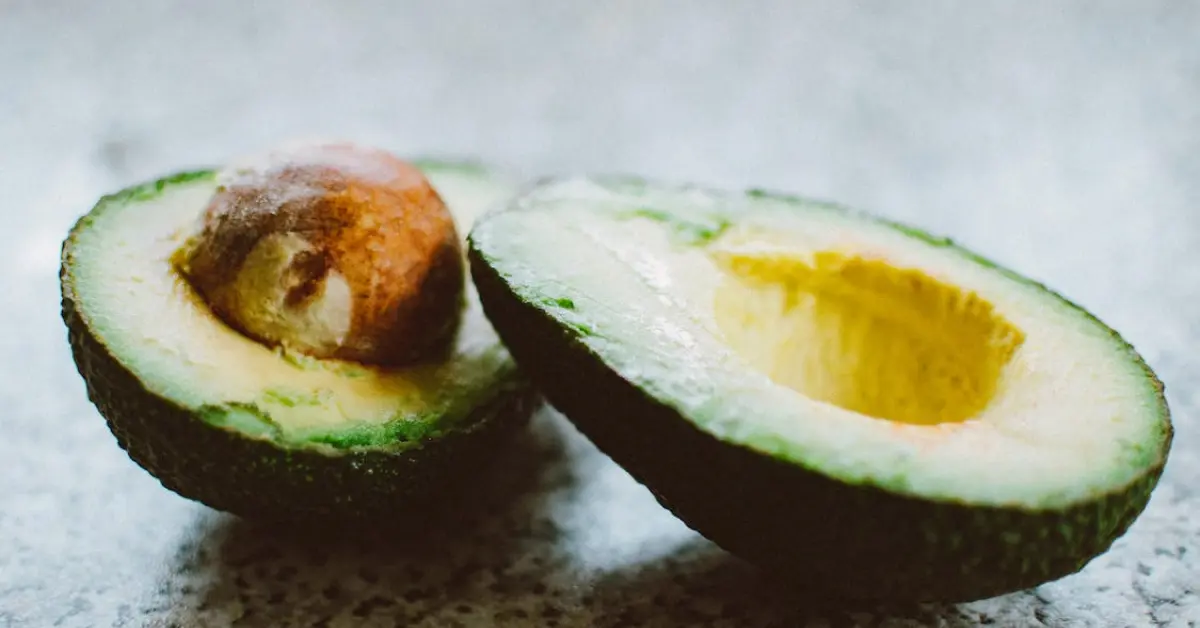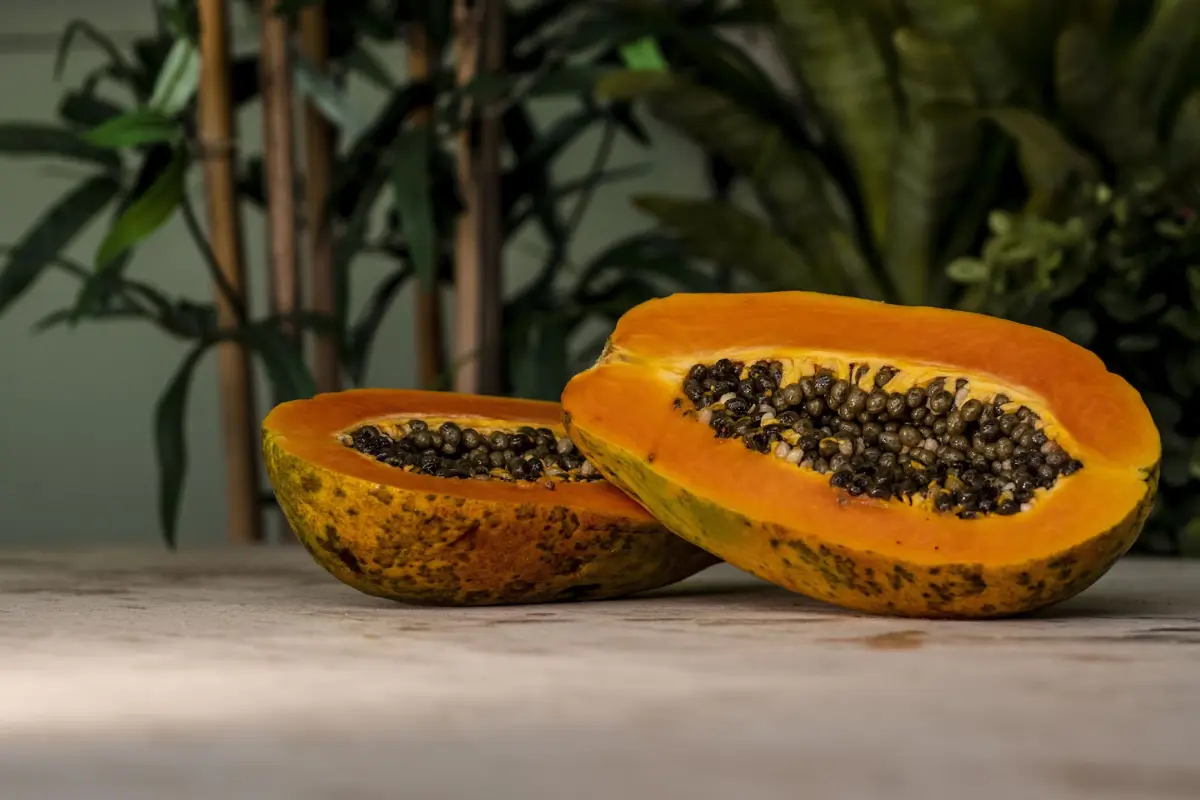In the quest for happiness and well-being, the role of diet is often underestimated. What we consume can have a profound effect on our mood, mental health, and overall vitality. Incorporating certain mood-boosting foods into our diet can be a simple yet effective way to enhance our emotional state. This article explores several foods known for their mood-enhancing properties, including their nutritional value and how they contribute to a happier, more balanced state of mind.
1. Dark Chocolate
Dark chocolate is rich in antioxidants, magnesium, and flavonoids. It is more than just a guilty pleasure; it’s a potent mood enhancer. The cocoa in dark chocolate increases the levels of serotonin in the brain, often referred to as the “happy chemical.” Its high content of magnesium also helps reduce stress and anxiety. Furthermore, dark chocolate stimulates the production of endorphins, the body’s natural “feel-good” hormones. A moderate intake, however, is key, as excessive consumption can lead to weight gain and other health issues.
2. Whole Grains
Whole grains are high in fiber, B vitamins, and iron, such as oats, quinoa, brown rice, and whole wheat, are an essential part of a mood-boosting diet. They are rich in complex carbohydrates, which help maintain steady blood sugar levels, preventing mood swings. Whole grains are also a good source of B vitamins, particularly B1 (thiamine), B5 (pantothenic acid), and B6, which are crucial for brain health and help our bodies convert food into energy, thus influencing our mood and energy levels positively.
3. Avocados
Avocados are packed with omega-3 fatty acids, folate, and vitamin B6. These are powerhouse of nutrients that can help enhance your mood. The high levels of folate found in avocados are important for brain function and contribute to emotional balance. Additionally, avocados contain omega-3 fatty acids, which have been shown to reduce symptoms of depression and anxiety. The monounsaturated fats in avocados also support healthy blood flow, which is essential for a healthy brain.
4. Warm Milk
Warm milk contains tryptophan, vitamin D, and calcium. The idea that warm milk can help you sleep better is more than just an old wives’ tale. Milk contains tryptophan, an amino acid that is converted into serotonin in the brain, enhancing feelings of well-being and happiness. The calcium in milk also helps to regulate muscle movements and soothe tension, while vitamin D has been linked to combating mood disorders such as depression.
5. Nuts
Nuts, particularly walnuts, almonds, and cashews, are another excellent mood-boosting food. They are high in omega-3 fatty acids, which play a crucial role in brain health and mood regulation. Nuts also contain magnesium, which can help alleviate symptoms of depression and anxiety. Furthermore, the antioxidants in nuts, including selenium, combat oxidative stress and inflammation in the brain, which are associated with mood disorders.
6. Citrus Fruits
Citrus fruits are high in vitamin C, fiber, flavonoids, oranges, lemons, and grapefruits are not only refreshing but also great for your mood. They are rich in vitamin C, which has been shown to reduce stress and improve mood. Moreover, the fiber in citrus fruits helps regulate blood sugar levels, preventing mood swings. The bright colors and invigorating scents of citrus fruits can also have a positive effect on your mood, providing a sensory boost.
7. Berries
Berries, including strawberries, blueberries, raspberries, and blackberries, are not only delicious but also packed with nutritional benefits that can positively affect your mood. They are exceptionally rich in antioxidants, such as anthocyanins, which give berries their vibrant colors and have been shown to reduce inflammation and oxidative stress. Oxidative stress and inflammation are linked to the development of mood disorders, including depression and anxiety.
8. Spinach and Leafy Greens
Spinach, kale, Swiss chard, and other leafy greens are nutritional powerhouses, essential for mood regulation and brain health. These greens are high in magnesium, a mineral that plays a vital role in over 300 enzymatic reactions in the body, including those involved in the production of energy and neurotransmitters. Magnesium deficiency has been linked to a higher risk of depression and anxiety.
9. Yogurt and Fermented Foods
Yogurt, kefir, sauerkraut, kimchi, and other fermented foods are rich in probiotics, the “good” bacteria that play a significant role in maintaining gut health. There’s a growing body of research supporting the gut-brain axis, which suggests a direct link between the health of the gut microbiome and mental health. Probiotics can help balance the gut microbiome, which in turn can positively affect brain function and mood.
10. Fatty Fish
Fatty fish such as salmon, mackerel, and sardines are among the best sources of omega-3 fatty acids, specifically EPA and DHA, which are crucial for brain health and mood regulation. These fatty acids are components of cell membranes in the brain and are essential for neurotransmission and brain function. Numerous studies have linked omega-3 fatty acid deficiency to an increased risk of mood disorders, including depression and anxiety.
Conclusion
Incorporating a variety of mood-enhancing foods into your diet can have significant benefits for your mental and emotional well-being. Berries, leafy greens, fermented foods, and fatty fish are just a few examples of foods rich in nutrients that support brain health and mood regulation. Alongside a balanced diet, it’s important to maintain a healthy lifestyle that includes regular physical activity, adequate sleep, and stress management to optimize your emotional health.












